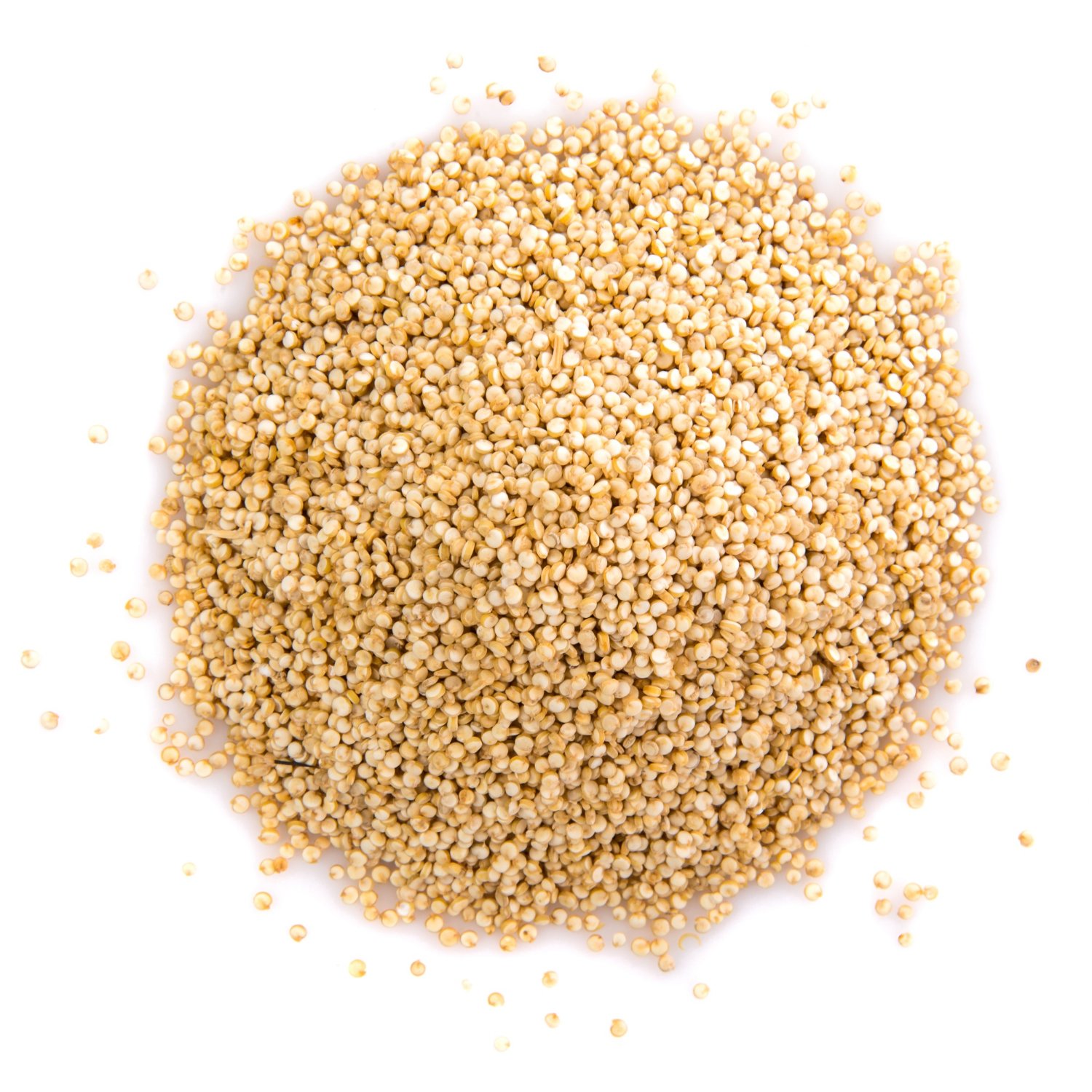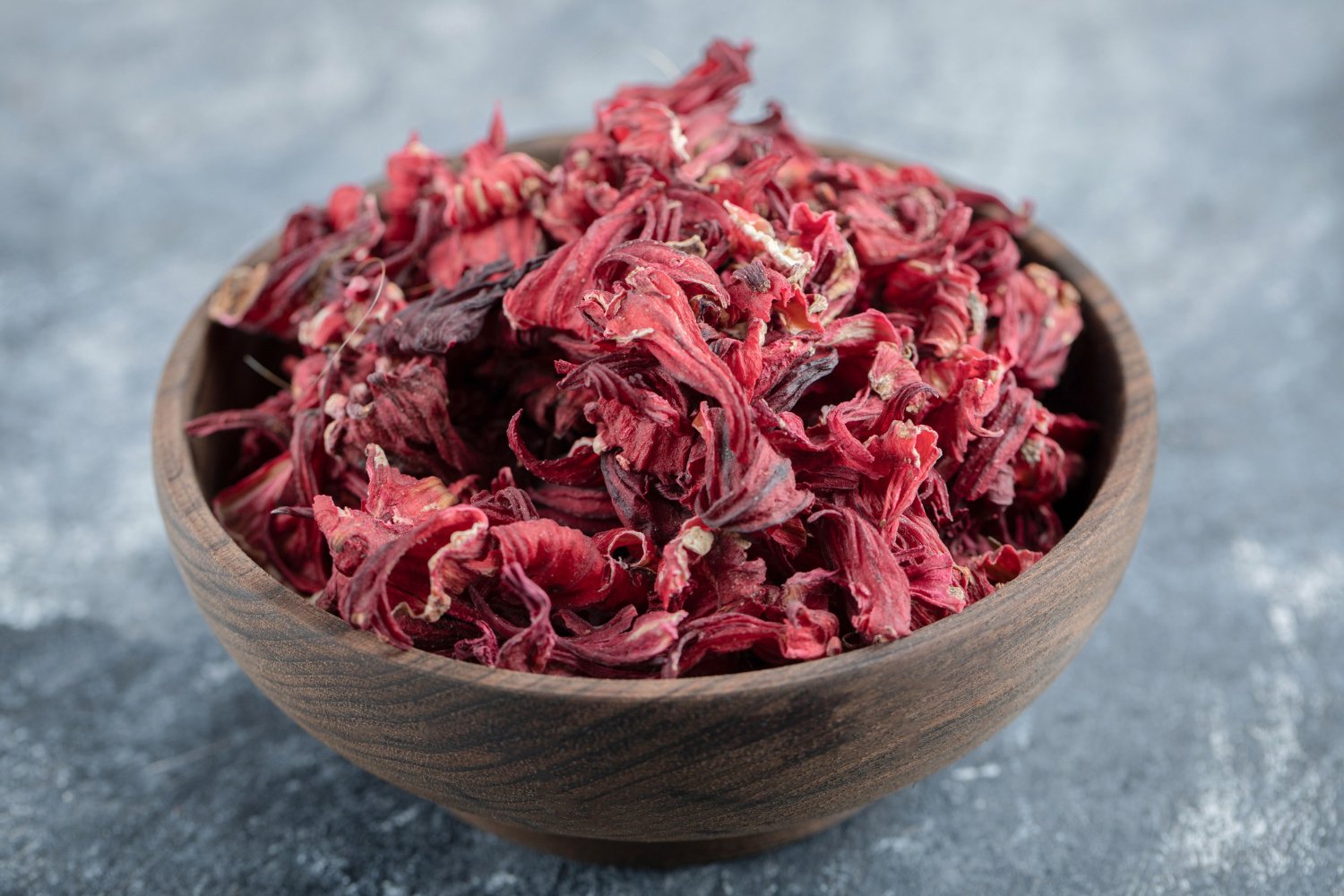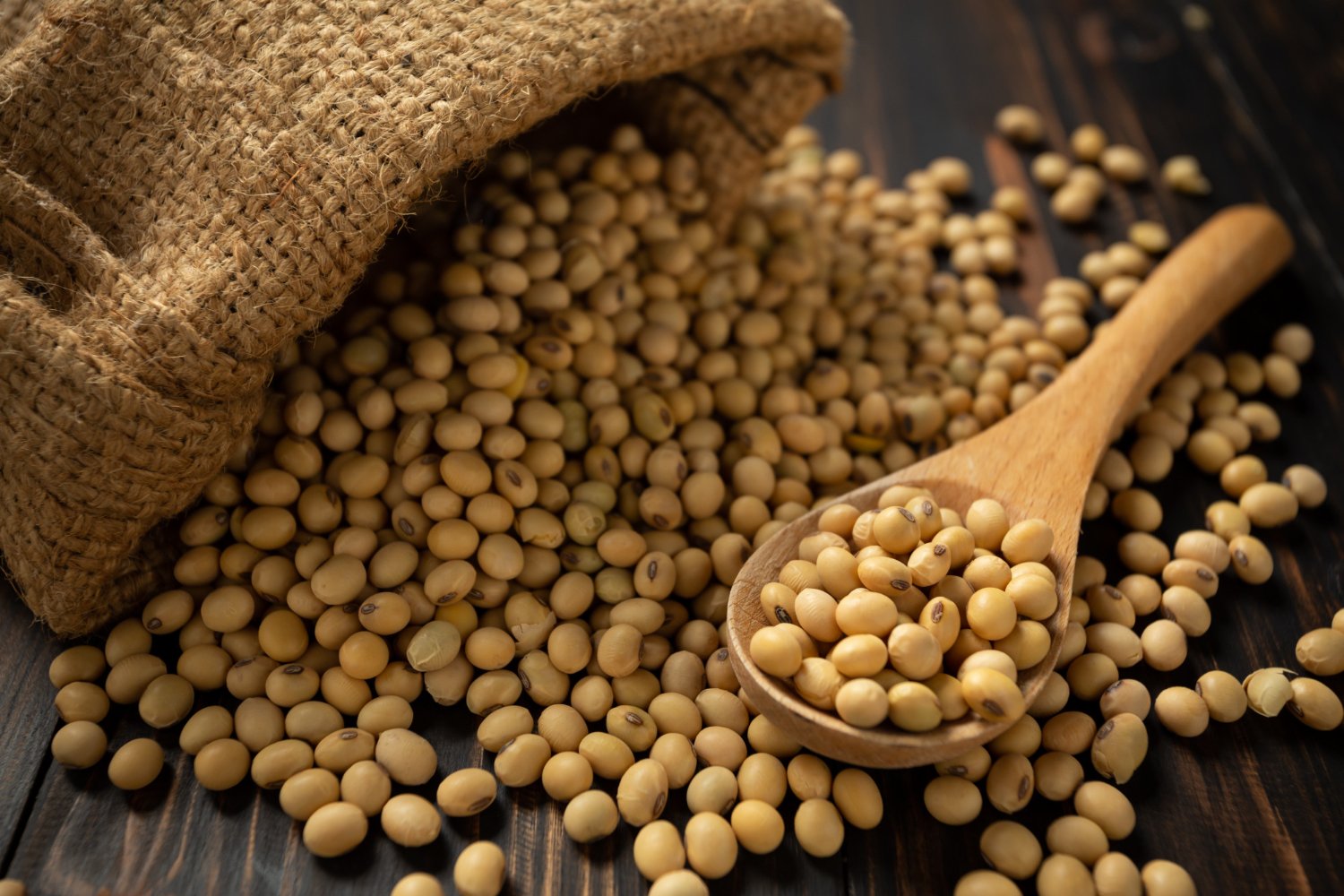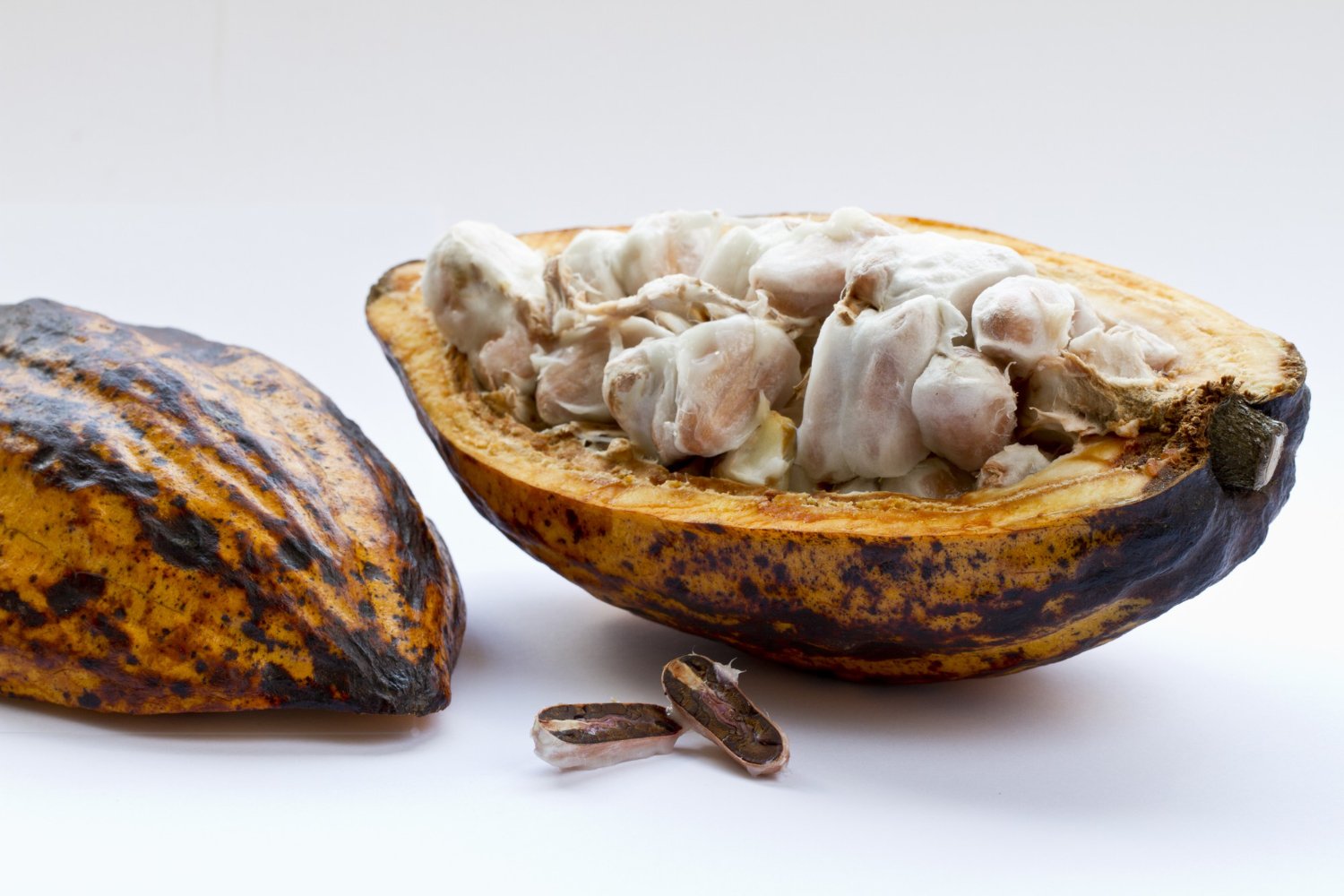Exports play an important role in the economic development of the country and choosing the right commodity to export can make a significant impact on the nation’s growth. For individuals, exporting agro-commodities provides an opportunity to earn in foreign currency.
Most individuals today are faced with numerous challenges in the export sector, especially in determining what commodity to export. NEXHUB is here to mitigate those risks associated with export as we provide you with some valuable insights on the exportable agro-commodities that you can export from Nigeria to China and other Fareast countries.
In this article, we'll explore the history, benefits, uses, and locations of NEXHUB's exportable agro-commodities, which can be exported from Nigeria to China and other Fareast regions . By understanding the origins and benefits of these commodities, we can appreciate the important role they play in the Nigerian economy and in the lives of the people who cultivate them.
OUR EXPORTABLE AGRO-COMMODITIES:
A. Dried Split Ginger:
Dried split ginger is made by drying fresh ginger and splitting it into pieces.

History
Ginger has been used for thousands of years, dating back to ancient China and India. It is a popular spice for meals.it is the subterranean rhizome of the ginger plant. In ancient Chinese medicine, ginger was used to treat a variety of ailments, including nausea, indigestion, and arthritis. The spice was also used in Ayurvedic medicine in India, where it was thought to balance the body's energy and improve digestion.
Uses
- It has a sweet and spicy flavor that adds a unique taste to dishes.
- It is often used in curries, stews, and rice dishes.
- It's used as Fragrance oil.
- Adding it to curries, soups, and stews.
- Ginger tea.
- It is used for confectioneries, such as cookies ,cake and bread.
- It can be added to smoothies and juices.
- It can used as a spice or seasoning.
Health Benefits
- Dried split ginger improves cardiovascular health, lowers inflammation, and helps with digestion.
- Dried split ginger contains a chemical called "gingerol," which has been proven to have anti-inflammatory benefits, making it beneficial for those with arthritis and other inflammatory illnesses.
- Research has shown that ginger lowers cholesterol and increases blood circulation.
- Antioxidants, which assist in protecting cells from danger and may lower the risk of chronic diseases.
- It might lessen morning sickness and other types of nausea and vomiting that occur during pregnancy.
- It could lessen the discomfort associated with menstrual pain.
- It could help in easing tightness and pain in the muscles, which might result from injury or activity.
- It might offer protection against specific cancer types.
- It improves the immune system and insulin sensitivity.
Location
Ginger is grown in many parts of Nigeria, but the main regions are in the northern part of the country. Kaduna, Katsina, and Kano are the major producers of ginger in Nigeria. In fact, these states account for over 80% of all the ginger produced in the country.The soil and climate in these areas is ideal for growing ginger, and the farmers there have a lot of experience cultivating the crop. However, Kaduna is the leading producer of ginger in the country, accounting for over 50% of the country's total ginger production. The state has a well-developed ginger farming industry, and many farmers there have been cultivating the crop for generations.
B.Sesame Seeds
The origins of sesame seeds can be traced back to ancient Africa, where they were first domesticated. From Africa, sesame seeds were introduced to Asia and the Middle East, where they became a staple crop. They eventually reached Europe, where they were used in baking and other culinary applications. Today, sesame seeds are grown around the world, with major producers including India, Sudan, and Myanmar.

Uses
There are many uses for sesame seeds, both culinary and non-culinary.
1. The seeds can be grounded into flour and used in baking,
2. it can be used to produce sesame oil.
3. It can be used as a massage oil, or in cosmetic products such as lotions and creams.
4. The seeds can be sprinkled on top of bread or other baked goods for added flavor and texture.
5. The seeds can be roasted and eaten as a snack, or used as a topping for salads and other dishes.
Health Benefits
1. Sesame seeds are a great source of many essential nutrients, including vitamins, minerals, and antioxidants. The seeds are particularly high in calcium, magnesium, and iron.
2. It improves heart health and reduced inflammation.
3. The seeds are also a source of fiber, which can aid in digestion and help to control blood sugar levels.
4. Sesame seeds have been shown to help lower cholesterol levels and may also have anti-cancer properties.
Location
In Nigeria, sesame seeds are primarily grown in the northern part of the country, specifically in the states of Kaduna, Kano, and Niger. These states have a favorable climate and soil conditions for sesame cultivation, and have become the primary regions for sesame production in the country. In addition to the northern states, sesame is also grown to a lesser extent in the southwestern states of Ogun and Oyo. Nigeria is one of the world's largest producers of sesame seeds, and the crop is a major source of income for many farmers in the country.
C. Hibiscus Flower
Hibiscus Flower, also known as Zobo, has a rich history in Nigeria, with its use in traditional medicine and culinary practices dating back to the ancient Benin kingdom. The flowers were valued for their medicinal properties, including the treatment of fever, cough, and skin diseases. They were also valued as a source of dye, and their juice was used as a remedy for eye infections. The leaves and seeds of the hibiscus plant were also utilized in local cooking and as a source of fiber.

Uses
In modern times, hibiscus flowers are still widely used in Nigeria, both for culinary and medicinal purposes.
1. The flowers are used to make a variety of dishes, including stews, soups, and salads.
2. It is also commonly used to make a refreshing and nutritious drink called Zobo, which is made by boiling the flowers with water, sugar, and spices.
3. Hibiscus Flower is also used in traditional medicine to treat a variety of ailments, including coughs, colds, fever, stomach upsets, and skin conditions.
Health Benefits
- Hibiscus has been shown to have antioxidant properties that can help protect cells from damage.
- Blood pressure regulation: Some studies have shown that hibiscus may help lower blood pressure.
- Digestive support: The soothing properties of hibiscus may help to regulate digestion and reduce inflammation.
- The antioxidants in hibiscus may help to support the immune system.
- It reduces the blood sugar levels.
D. Soya Beans
The history of soya bean cultivation in Nigeria began in the late 19th century, when the crop was introduced by British colonists. However, it wasn't until the 1970s that the crop began to be widely grown in the country. During this time, the Nigerian government encouraged soya bean cultivation as a means of boosting food security and reducing dependence on imports. By the 1980s, soya beans had become an important export crop for Nigeria, and today, the country is one of the leading producers of soya beans in Africa.

Health Benefits
1. Soya beans are high in protein, fiber, and essential minerals.
2. Soya beans may help reduce cholesterol levels, improve bone health, and lower the risk of certain types of cancer.
3. They are an excellent source of plant-based protein, making them a good option for vegans and vegetarians.
Location
Soya beans are grown in Kaduna, Kano, and Adamawa states are some of the largest soya bean-producing areas in the country, with Kaduna state alone accounting for about 30% of national production. Soya beans are typically grown during the rainy season, from May to October, when the soils are moist and the temperatures are warm.
E. Cashew Nuts
Cashew nuts have a long history in Nigeria. The cashew tree was first introduced to the country by Portuguese traders in the 16th century, and the crop was initially grown mainly for its fruit, known as cashew apples. The cashew nut itself was considered a waste product at the time, and was often discarded. It wasn't until the early 20th century that the cashew nut started to gain popularity as a food item. Since then, the cashew nut industry has grown rapidly in Nigeria, and the country is now a major exporter of cashew nuts.

Uses
Cashew nuts have been grown in Nigeria for centuries. Portuguese traders first introduced the cashew tree to the country in the 16th century, and its fruit, the cashew apple, was initially the main product of interest. The cashew nut itself was initially considered a byproduct and was often discarded. However, in the early 20th century, the cashew nut began to gain popularity as a food, and the cashew nut industry in Nigeria has since expanded rapidly. The country is now a major exporter of cashew nuts, with a thriving industry that supports local farmers
Health Benefits
1. Cashew nuts are a good source of protein, healthy fats, and minerals.
2. The nutrients in cashew nuts can provide a range of health benefits, such as reducing inflammation and improving heart health.
3. The antioxidants in cashew nuts can protect cells from damage and reduce the risk of chronic diseases.
4. The fiber in cashew nuts can aid digestion and weight management.
5. The magnesium in cashew nuts may help lower blood pressure and improve insulin sensitivity.
Location
Cashew nuts are also grown in other parts of Nigeria, including the states of Ondo, Osun, and Cross River. These states are located in the southern part of the country, which has a tropical climate that is well-suited for cashew cultivation. In recent years, the Nigerian government has been working to expand the cashew industry, and several new plantations have been established in these areas. With the right support, it is hoped that cashew cultivation can be further expanded in Nigeria.
F. Cocoa
Cocoa was introduced to Nigeria in the 19th century by European missionaries and traders. The first commercial plantations were established in the 1850s, and by the early 1900s, cocoa production was booming. In the 1920s, the Nigerian government launched an initiative to promote cocoa cultivation, which resulted in a dramatic increase in production. By the 1960s, Nigeria had become the third largest producer of cocoa in the world, and the crop played a significant role in the country's economy.

Uses
1. Cocoa is most commonly used for the production of chocolate.
2. Cocoa beans are fermented, dried, and roasted to create cocoa liquor, which is the basis of chocolate.
3. Cocoa butter, the fat from cocoa beans, is extracted and used in chocolate as well as other products.
4. Cocoa is also used in a wide range of foods, including ice cream, drinks, and sauces.
5. The shells of cocoa beans can be used as animal feed
Health Benefits
1. Cocoa is a rich source of antioxidants, including flavonoids and polyphenols, which can help protect against diseases like cancer and heart disease.
2. Cocoa has been shown to improve blood flow and reduce inflammation.
3. Cocoa can also improve brain function, and some studies have even linked cocoa consumption to a reduced risk of dementia and cognitive decline.
Location
In Nigeria, cocoa is primarily grown in the southwestern part of the country, in the states of Ondo, Osun, Ogun, and Oyo. These states have a warm and humid climate that is well-suited for cocoa cultivation. Cocoa trees can also be found in parts of Edo, Ekiti, and Cross River states. In addition to the southern part of the country, cocoa is also grown in the northern states of Kaduna, Kogi, and Kwara, although in smaller quantities.
Conclusion
The more we learn about the origins, uses, and locations of these agro-commodities, the more we can appreciate the rich agricultural heritage of Nigeria. we can gain a deeper understanding of the rich agricultural resources that Nigeria has to offer. As NEXHUB works to reduce the challenges of exporting agricultural products, we can hope for a brighter future for the Nigerian economy and its people. We can also look forward to the continued growth of the agricultural sector and the expansion of trade between Nigeria and other countries around the world.






